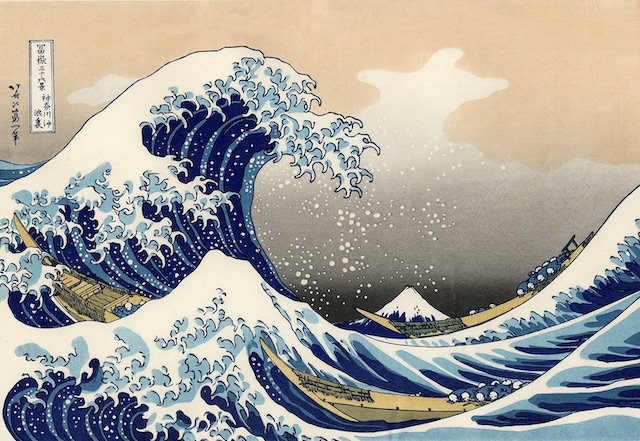Part 4: Let the Good Times Roll! ––
So, one year later I am comfortable in these uncertain and unsettled times, confident that the future will allow me to fulfill my expectations for a long and interesting life adventure in Japan.
As life returns to a more normal state, I expect to actively use the opportunity to enjoy the many unique experiences the country offers, including an amazing variety of food!
I have successfully dealt with the risk of becoming isolated and depressed often associated with growing old. Research has demonstrated that looking at old photos, listening to the music that inspired you in my younger years and reminiscing about your life has many benefits. While I am focused on the present and the future, I have spent time recalling my rich and unexpected past, celebrating my many experiences, achievements and knowledge accumulated over a lifetime. In a strange way those wonderful memories have made me stronger and come to life again.
Growing older in Japan is a wonderful experience. Unlike many western cultures, the Japanese value aging and look deeper into what it means to have lived a long life. In general, being a senior citizen here is something that is given authority and admiration. The elderly are respected and cared for in a different way, not simply focused on the physical and mental deterioration that those growing old are simply a societal burden.
September 21 was Respect for the Aged Day, a designated Japanese public holiday celebrated annually to acknowledge and honor elderly citizens. I was presented with a gift from our new neighborhood community!
The Japanese language even reflects this attitude. With three different forms of language (casual, polite and honorific), when addressing an elder in most cases a Japanese person would use keigo, an honorific form of language.
Finally, in Japan death is neither a taboo nor something to be feared or ignored. It is seen as an opportunity to contemplate and reaffirm life.
It is a good feeling to have family, friends and strangers who acknowledge my age and professional accomplishments. I am encouraged to express my opinions reflecting the belief that age and experience are valuable and that it is important for me to use the lessons I have learned in life to make a difference to future generations. It has inspired me to continue work on “my story” for my grandchildren.
I am enjoying the twilight of my life, reflecting on the years gone by, living fully in the present and looking forward to the future. As I approach my 77th year, I am grateful for where I’m at and excited about where I’m going.
I’ll close with the words from a song by B.B. King that is on my daily walk-run playlist:
Hey Everybody, Let’s have some fun.
You only live for once,
and when you're dead your done!
So whether you are young or old,
Let the good times roll.
Kanpai! …. Roll on! May you too enjoy a long, healthy and happy life.




